Home / Our Program
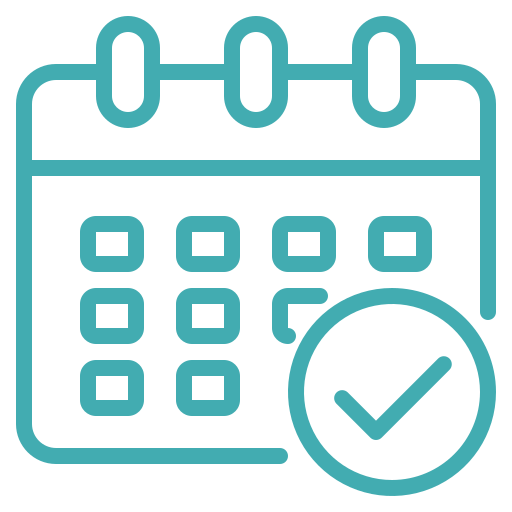

Blossom Family Preschool serves children ages 3-5.
All participants need to be independent in their toileting needs.
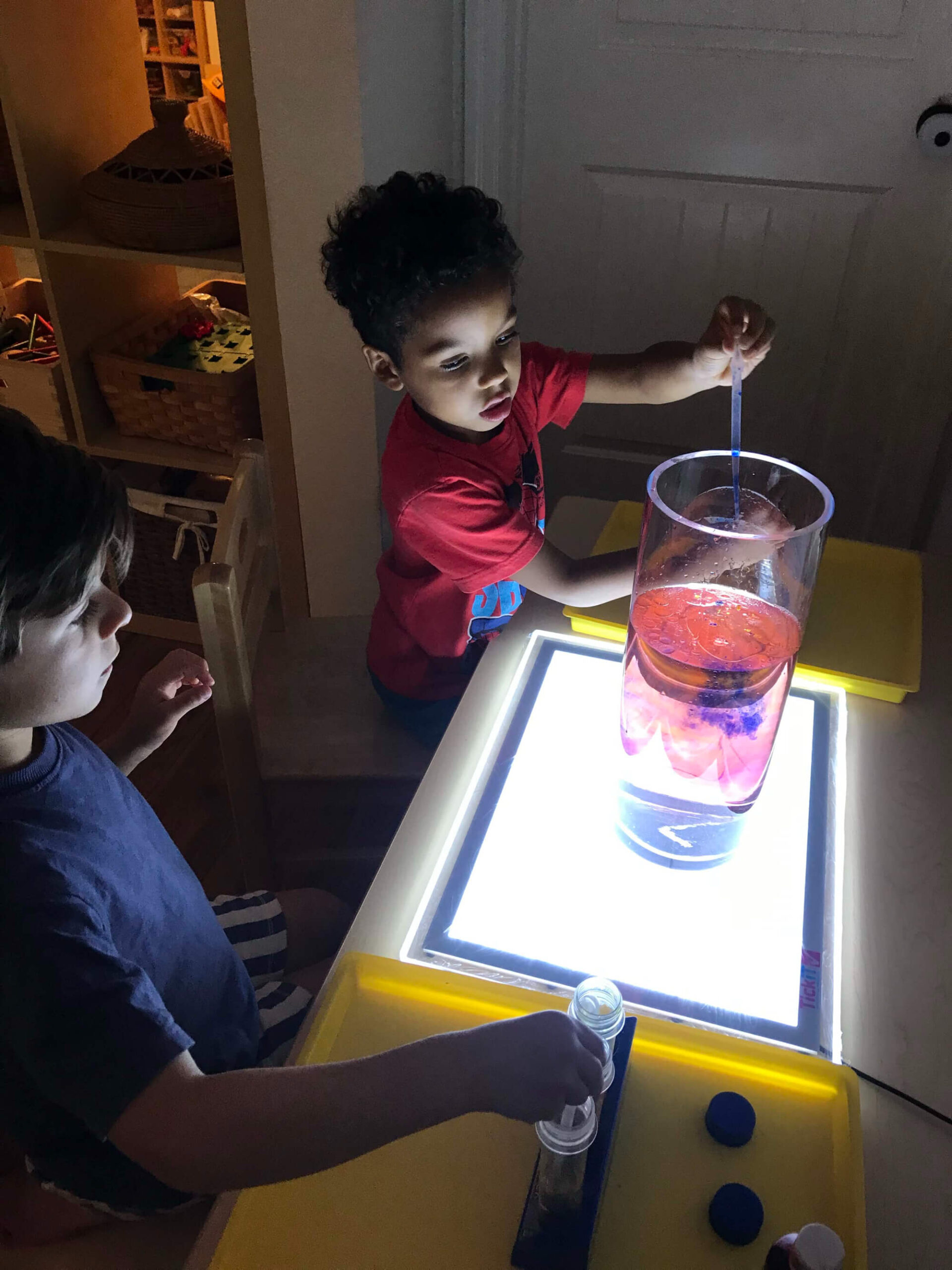
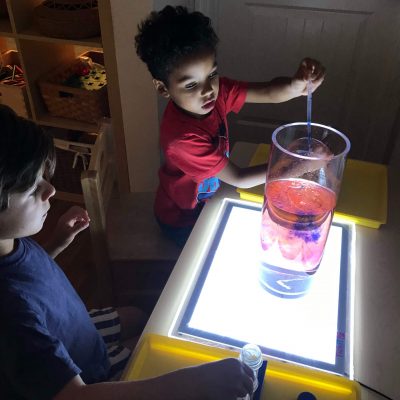
Our goal is not merely to prepare children ages 3 to 5 for kindergarten.
We aspire to instill a life-long passion for learning and discovery in our students.
We want our young learners to build their understanding of themselves as human beings. We help them develop foundational skills for healthy and successful interpersonal relationships. We help them build their understanding of the world they live in.
Children’s experiences at BLOSSOM are not about reaching a destination, but about the journey that we are so thankful to be sharing with them. We are committed to giving them respect, trust, care, attention, and time they need to construct their knowledge.
We strive to create a safe and carefully designed environment that fosters experiential learning.
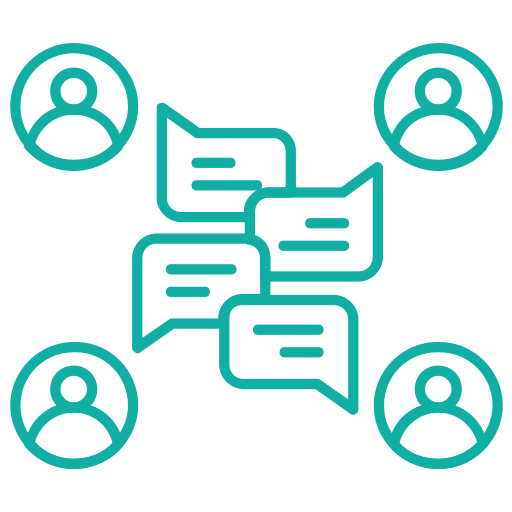
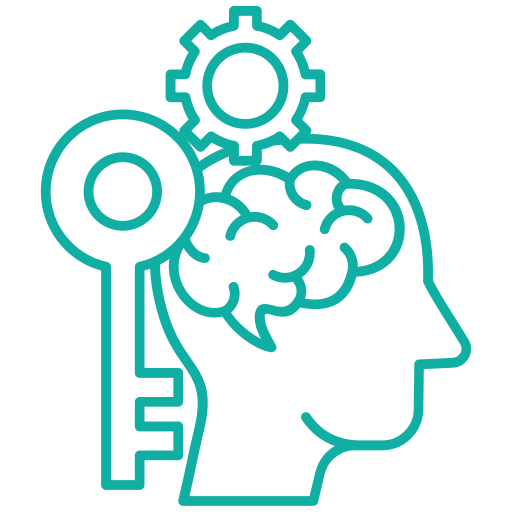
Develop critical thinkers who can interpret information and make interdisciplinary connections to understand the bigger picture, rather than a collection of random facts.
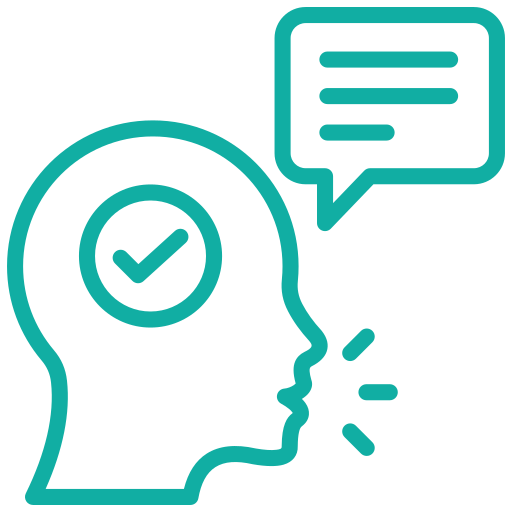
Equip effective communicators who can express their thinking though well-developed language and artistic skills.
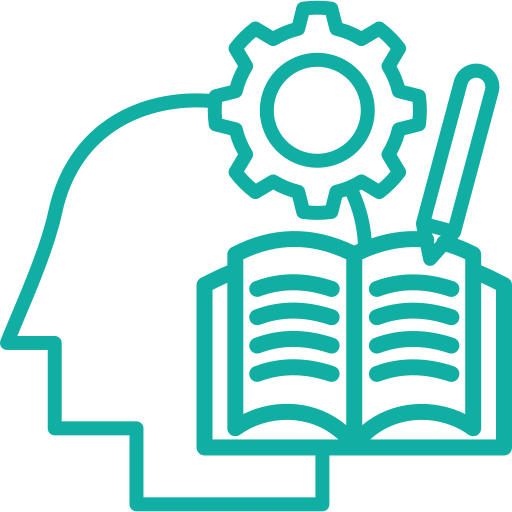
Inspire life-long learners who embrace a growth-mindset, self-reflection, and use tools of inquiry.

Develop productive members of a democratic society who understand child-appropriate concepts of freedom, community, personal and group responsibility, negotiation, and compromise.
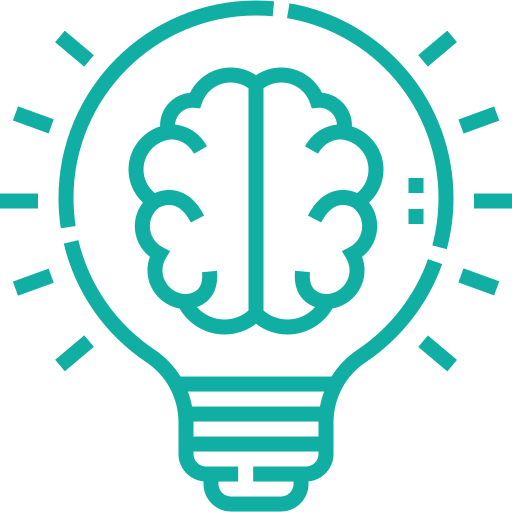
Teach practical life skills such as self dressing ( including tying shoes), brushing teeth, cleaning up after activities, cooking, biking.
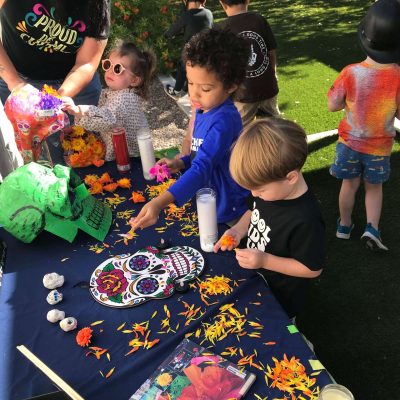
Our goal is to capture the children’s sense of wonder. We work to equip them with the learning tools to build rich connections between what they already know and what they are learning about. Our focus is on making sense of the world, rather than memorizing facts or being right.
Sometimes the interest originates from a child’s experience. Other times, our projects start from a fascinating learning provocation set out by the teachers. We start the inquiry process by assessing what the children already know. Then we listen to their questions. We model and encourage asking deeper questions that require some searching instead of typing them into Google and getting an instantaneous answer.
Interesting questions lead to careful observations. We record children’s comments and thinking. Sometimes, we invite our learners to talk with people who might know a lot about the topic. Searching for answers includes reading books, carefully studying the pictures, discussing the texts, sharing conclusions with the group, and learning from other children’s perspectives.
In the process of searching for answers, the children learn new transferable skills. Furthermore, they often generate more questions, which keep the inquiry project going deeper. The children are encouraged to communicate their findings and conclusions through any available modalities: a drawing, a 3D model, a skit, or a play.
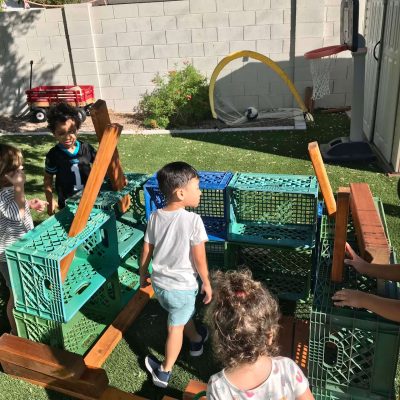
At Blossom, we give the children the time and space to think and figure things out by themselves. Instead of giving them answers and facts, we guide them with questions. We encourage critical thinking throughout the day and in all areas of their development. We encourage our learners to share their thinking and build on each other’s ideas.
We imbed mathematical concepts into dramatic play, engineering and construction projects, games, science experiments, reading, movement games, and weekly cooking lessons, where children learn to estimate, and measure ingredients.
We help the children observe and use shapes, patterns and cycles in nature and our daily lives. We help them develop a sense of time in a child-friendly way. We introduce them to early concepts of measurement.
We make sure that our young mathematicians build a strong foundation of concepts they understand and can transfer outside of the classroom.
The function of education is to teach one to think intensively and to think critically."
Martin Luther King
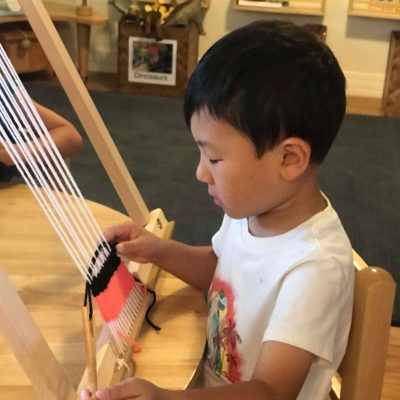
Children’s physical development is critical for learning. Movement and exercise are an important part of our daily lives at Blossom. Building strong core and postural muscles are essential, especially considering a growing trend of kids being sedentary and spending more and more time in front of screens. Blossom children engage in self-selected movement activities (learning the basics soccer, baseball, basketball, biking, obstacle courses, running games). They also participate in indoor teacher-lead activities that promote balance flexibility (yoga), eye-hand coordination, crossing mid-line, and dance.
Fine motor development is a critical skill for learning to draw and write, as well as for life skills such as brushing teeth, tying shoes, and cutting with scissors and knives.
It takes years of exercising hand muscles for young children to develop dexterity and eventually a penmanship. This is why we engage our learners in a plethora of fine motor activities every day.
We teach a proper grip and begin with a study of lines and shapes before we introduce the children observational drawing.
When the children show readiness we expose them to the principles of Handwriting Without Tears Pre-Curriculum Click Here.
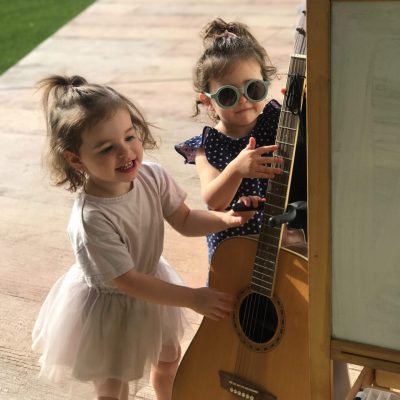
Artistic expression is one of many modalities young children show us who they are. Visual art explorations happen both inside and outside of our classrooms. Through them, young children learn how to focus, how to use various media, how to observe and persevere.
Art calms down the brain and invites experimentation. It develops a sense of aesthetics and beauty around us. At Blossom, we believe we are all born artists and instill this belief in our young learners.
At Blossom, we start our every day with signing and by the end of the song, all faces around the circle are smiling. We make and listen to all kinds of music throughout the day. We explore instruments, sounds, rhythms, melodies. We learn new words and concepts through song. We invite musicians to present their skills and play life music to our young audience.
We cultivate the love of music among our participants not only for its aesthetic and therapeutic influence. We celebrate cultural diversity by listening to music from all over the world. We help the children expand their mathematical thinking though exercises in rhythm. This is why music is an essential part of our program.
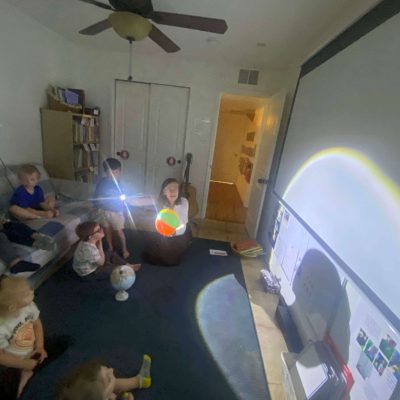
A strong command of language is foundational for success in learning in all areas. This is why we facilitate effective communication, conversational skills, vocabulary development, and provide individualized support children for children with speech difficulties. We build phonemic awareness by helping the children hear and identify sounds, syllables, and rhymes.
Young children build all foundational concepts through their senses and language. Without the linguistic part, their understanding of the world is limited.
We build the children’s language skills throughout the day, by assisting them in their communication in dramatic play, construction, art projects, and through learning new songs. The richest language experience are imbedded in our inquiry projects.
By embracing the cultural background of our families, we expose the children to other languages and cultural traditions, which also enriches their language learning.
Early literacy skills are carefully considered for each child. We observe what level of skills the children bring from home and build them up. From developing more complex sentences and asking questions, to storytelling through felt board stories and puppets, we offer our students a variety of forms to expand their oral language.
Our mini library offers over 1500 fiction and nonfiction books for the children to peruse. We read books to the whole group, to small, self-selected groups, and on a one-to-one basis all throughout the day. We also expand our library by picture books made by our young authors!
We believe young children are readers even if they cannot yet decode print. They can make sense of illustrations and can interpret books on their own. We want each every one of our participants to develop a love for reading and a belief that each one of them is a competent reader long before they learn to decode words.
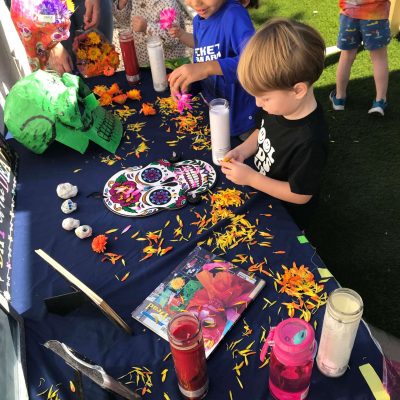
Every child is born a learner but not all children entering preschool realize that. Some come to us with an attitude of “I can’t.” We are here to change that and show all Blossom children that with the growth mindset, patience and perseverance they can learn ANTYHING!
With explicit mini-lessons on how people learn, and countless game-based experiences that are followed by reflections on the outcomes of our learning, we help our students build an open mind to new experiences.
We invite and look at mistakes as learning opportunities that help us grow.
We teach what it means to focus and how to build it through daily preschool experiences. We encourage experimentation and turn the children’s attention to the outcomes of their experiments. We also help them understand that practice helps in getting better at something. You can see Blossom children working on their second or even third draft of a drawing, or clay sculpture. When children understand the learning process, they will grow up to be life learners!
Copyright © 2024 Blossom Family Preschool, All Rights Reserved. Designed by Digital Roots Media | Sitemap | Privacy Policy & Terms of Use
Social and Emotional Learning
When young children enter preschool, they need to learn how to form positive relationships with non-family members: their teachers and peers. At Blossom, we put a strong emphasis on building a learning community where we care and help one another have a great day together. Our teachers and students co-construct group agreements and behavioral norms that help everybody feel safe and engaged.
Learning does not happen when the brain is experiencing an emotional dysregulation. We help our students recognize and regulate emotions they experience. We build our learners’ empathy. We turn their attention to the emotional states of their peers so that they learn how to be supportive members of our little community.